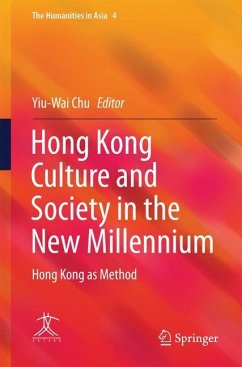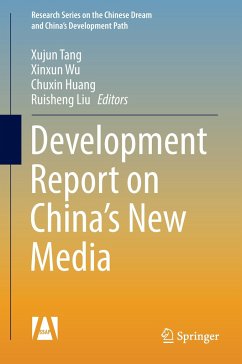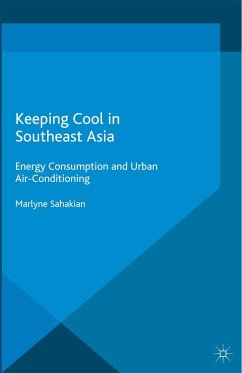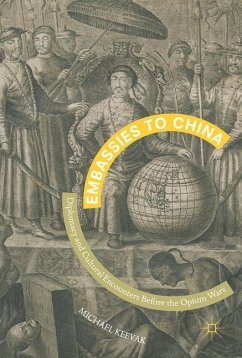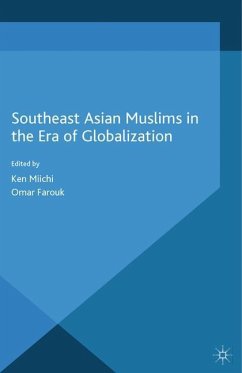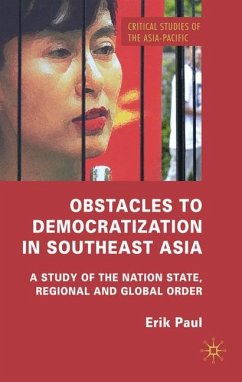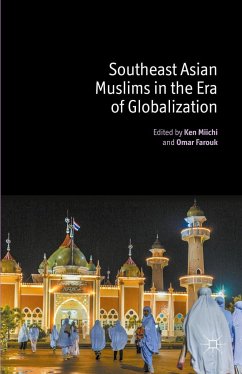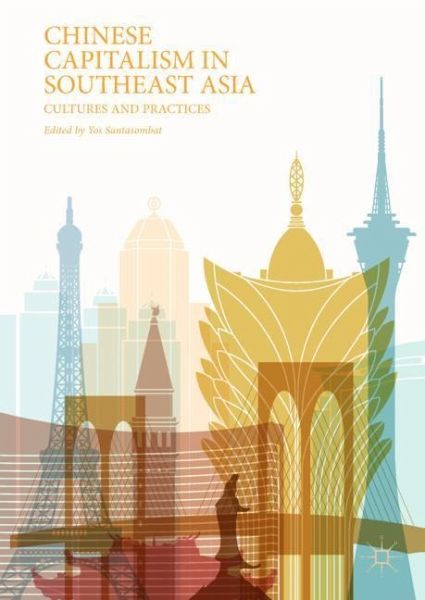
Chinese Capitalism in Southeast Asia
Cultures and Practices
Herausgegeben: Santasombat, Yos

PAYBACK Punkte
46 °P sammeln!
This collection examines the historically and geographically specific form of economic organization of the overseas Chinese in Southeast Asia and how it has adapted to the different historical and socio-political contexts of Southeast Asian countries. Moving beyond cultural explanations and traits to focus on the process of evolution and dynamism of situated practices, it argues that Chinese Capitalism is rapidly becoming a form of 'hybrid capitalism' and embodies the interdependent of culturally and institutionally specific dynamics at local and regional level, evolving and adapting to differ...
This collection examines the historically and geographically specific form of economic organization of the overseas Chinese in Southeast Asia and how it has adapted to the different historical and socio-political contexts of Southeast Asian countries. Moving beyond cultural explanations and traits to focus on the process of evolution and dynamism of situated practices, it argues that Chinese Capitalism is rapidly becoming a form of 'hybrid capitalism' and embodies the interdependent of culturally and institutionally specific dynamics at local and regional level, evolving and adapting to different institutional contexts and politico-economic conditions in the host Asian economies. This text also explores the social organization and political economy of the so-called overseas Chinese by examining the changing dynamism of Chinese capitalism in relation to forces of globalization. Focusing on key actors, primarily Chinese entrepreneurs in their business practices, and situated practices aswell as cultural, political, social and economic factors under globalizing conditions, it provides providing a broad understanding without fixating or homogenizing Chinese capitalism, contributing to the understanding of the contexts that give rise to the emergence and transformation of Chinese Capitalism in Southeast Asia.





